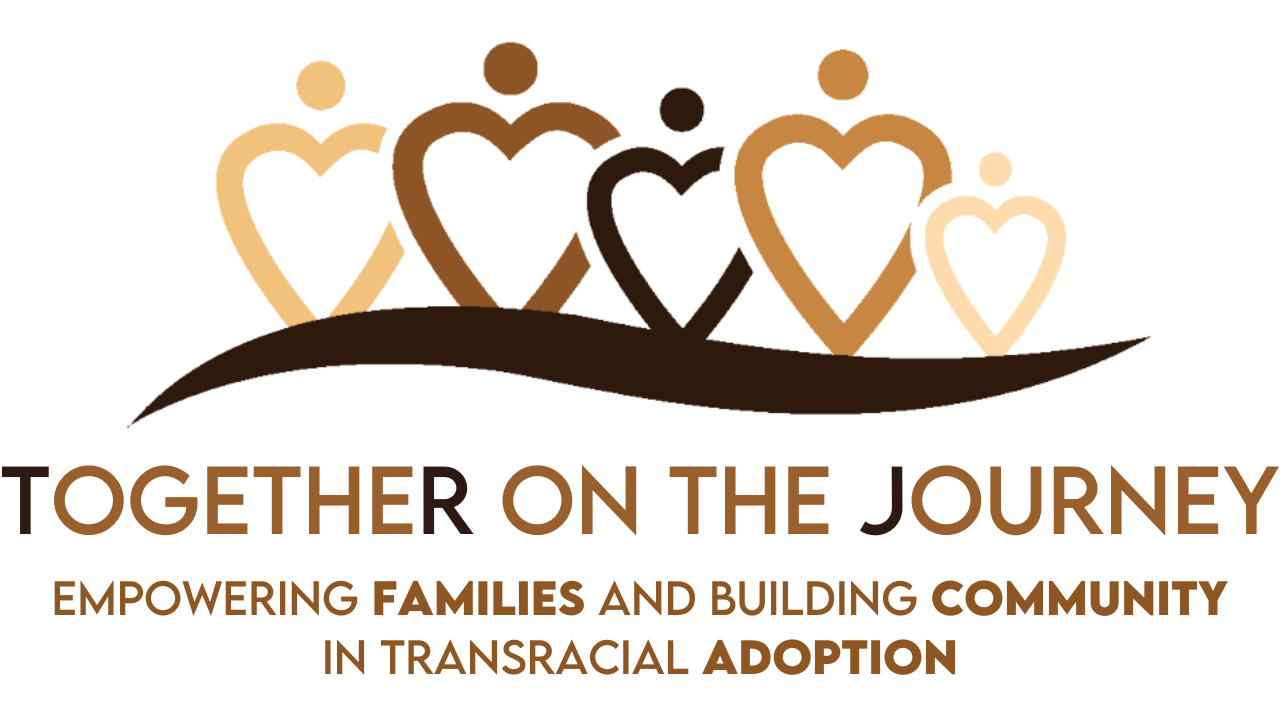Whether you participate in Halloween or not, October 31st has many children and the young at heart dressing up in costumes and wearing masks. But what is behind the masks you don’t see? What do they reveal? Read this month's feature article by April Dinwoodie, "Behind the Mask: The truth about belonging, identity, and the narratives we navigate" for more perspective. Additional previous posts published on this topic over the years include: "Masks, Masking, and Mental Health." and Costumes and Code-Switching: The Hidden Layers of Transracial Adoption.
Fostering Conversations About Transracial Adoption
At Transracial Journeys we send our families conversation cues each month, from our Transracial Journeys card deck, given to all our families at Family Camp. The card deck contains three cards for each month, designed for the children to ask their parents. Below are the questions for October.
October Tip for Parents: Think about the symbolism of masks and how you might mask your feelings about adoption and differences of race. What can you do to tap into those feelings and let them show in healthy ways? Do you recognize when your child might be masking their feelings? “We Wear the Mask” - Paul Laurence Dunbar
CARD ONE: IDENTITY
• Did you dress up for Halloween as a kid?
• What was your favorite costume?
• Did you wear a mask?
CARD TWO: RELATIONSHIPS
• Do you think people wear masks that we can’t see?
CARD THREE: EMBRACING AND FACING DIFFERENCES OF RACE AND CULTURE
• Have you ever tried to hide/mask your feelings?
This post is from our October 2025, e-newsletter. If you would like to get our newsletter in your inbox each month, please subscribe. You will get invitations to our Parent Meet-Up each month, a virtual meeting to act as a transracial adoption support group - sharing issues, ideas and strategies for creating a culture of communication and curiosity in your home, as well as monthly card prompt to keep the conversations about race, adoption, family, love and relationships front and center all year long. And lastly, you'll always be made aware of important dates for Transracial Journeys Family Camp!
































